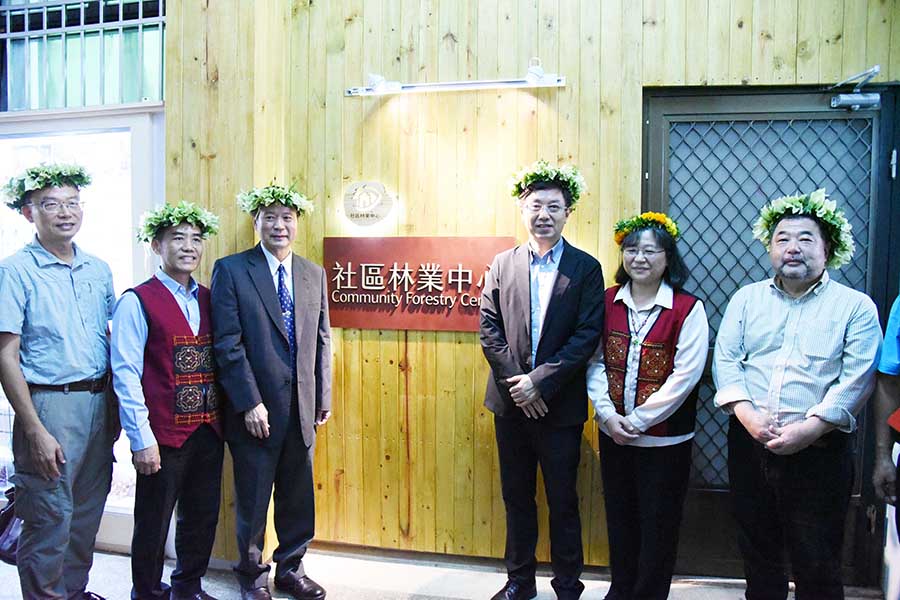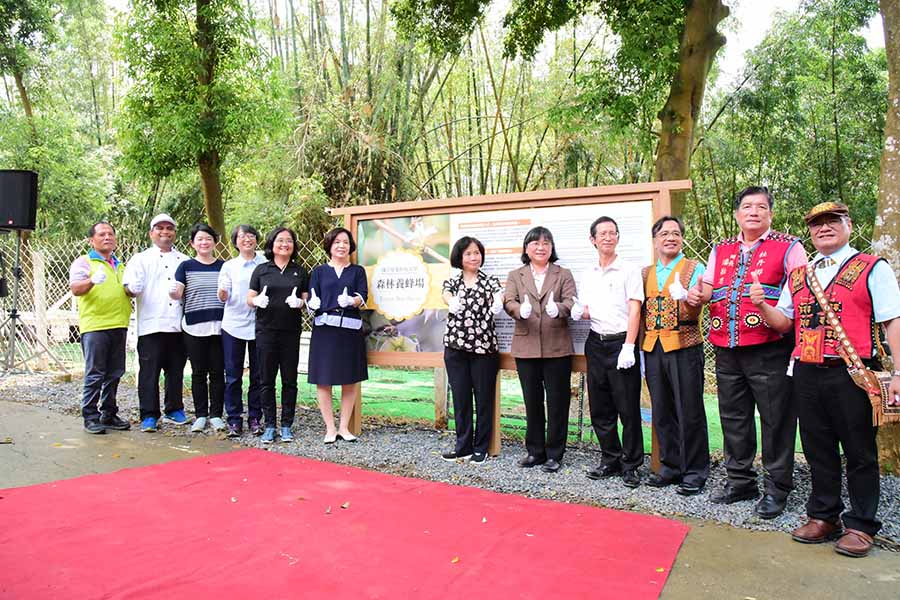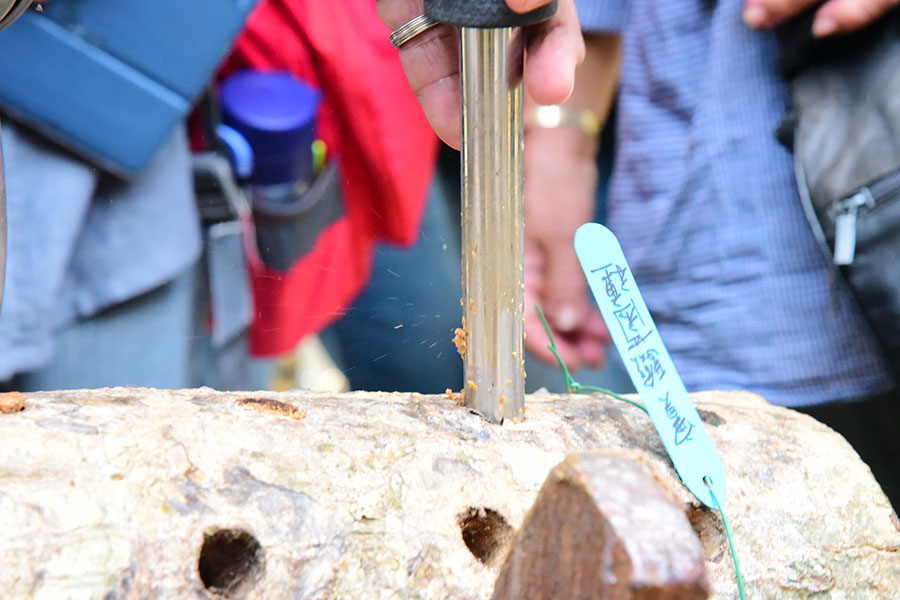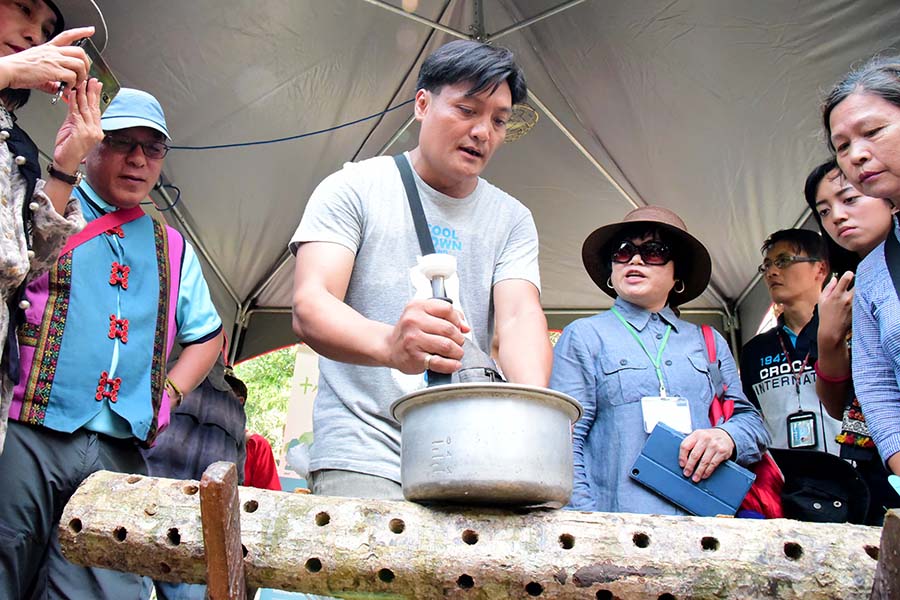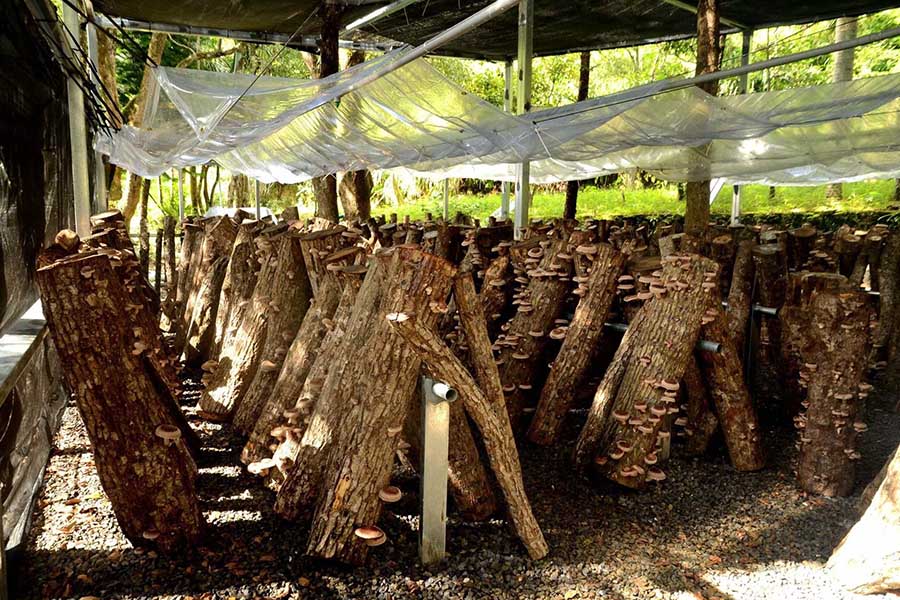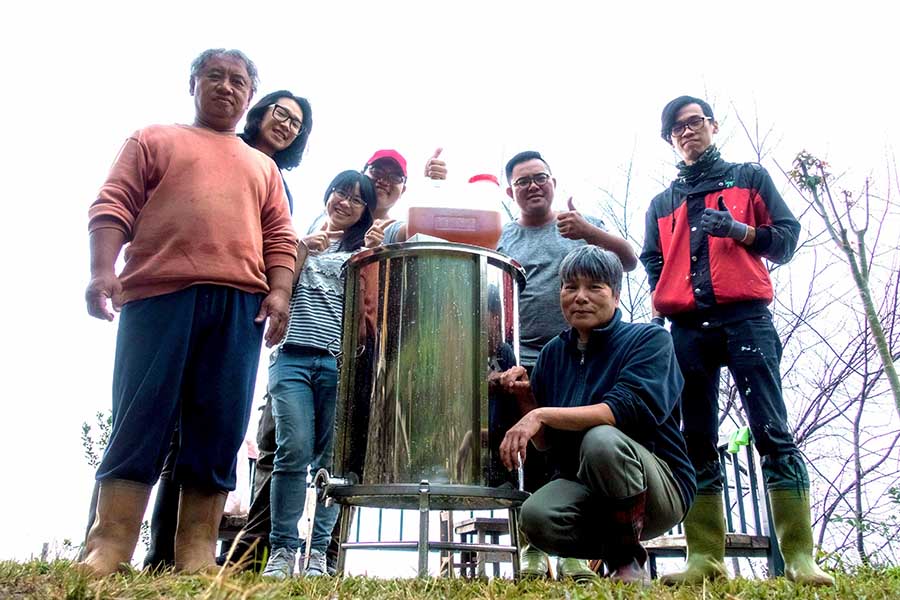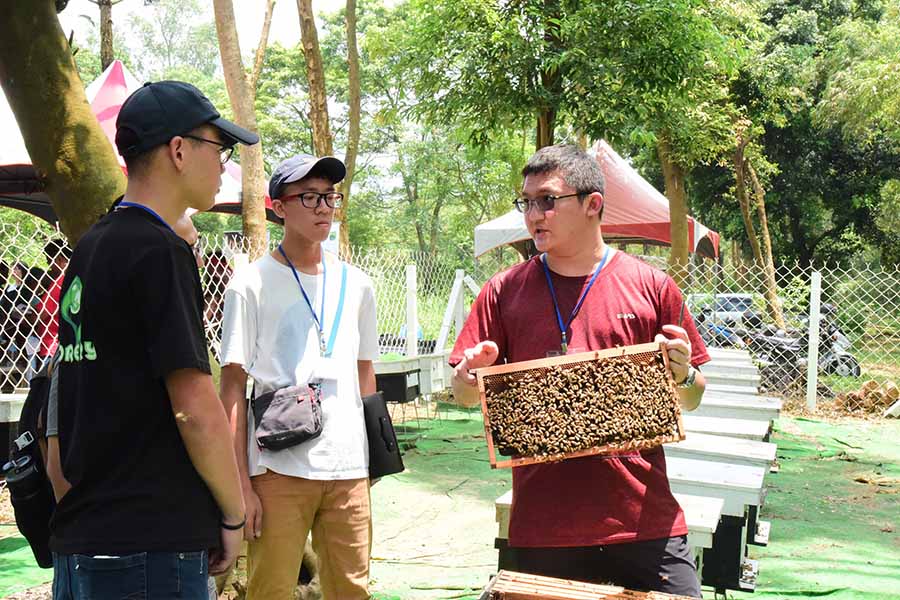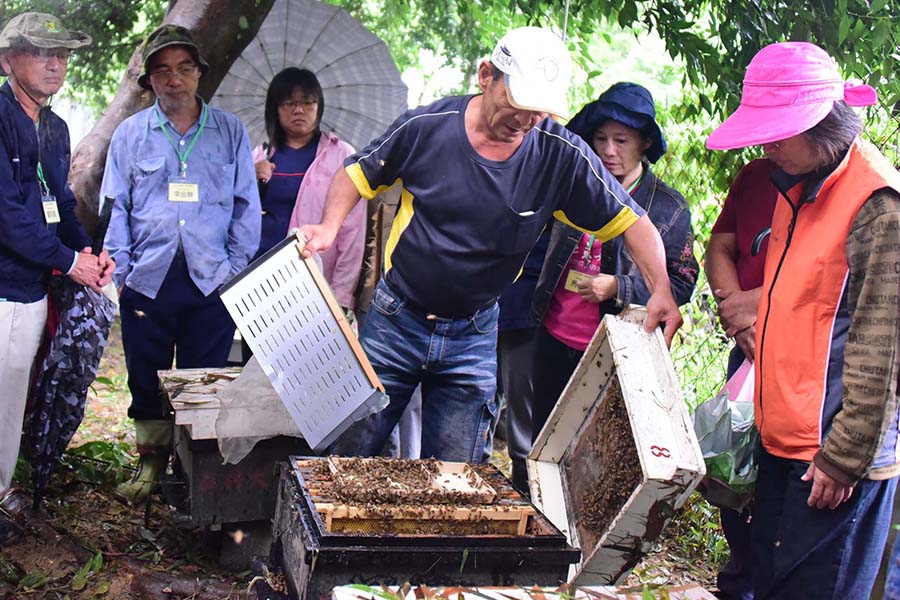National Pingtung University of Science and Technology (NPUST) has been applying concepts derived from the Sustainable Development Goals (SDGs) in part of its effort to develop a “sustainable campus”. With its four main development features at the center –namely, technological agriculture, ecological industry, platinum societies and blue economies —the university has been carrying out social responsibility activities and promoting “placemaking” in its neighboring communities.
In line with its efforts to create a sustainable campus, the university has been promoting energy saving practices, waste water treatment, recycling & reuse of materials, and the development of public transportation systems. These activities, evaluated by the GreenMetric University Ranking indicators, have earned NPUST the title of “Greenest” university in Taiwan every year for the past six years. On top of this, in an effort to promote local sustainability and community revitalization, the university has been cooperating with public and private organizations to improve the efficiency and stability of Taiwan’s agriculture industry while equipping young farmers and “old hats” with new professional capabilities.
One of NPUST’s best examples of social responsibility can been seen in its Department of Forestry’s placemaking work in Wutai township— work which led to the establishment of the Community Forestry Industry Center. After the Morakot typhoon disaster (in 2009), Professor Mei-hui Chen’s called together an interdisciplinary team to carry out a set of long-term operations in Wutai Township and cooperate with tribe’s people to develop the so-called “Satoyama” economies. With resources from the university and the Ministry of Education’s University Social Responsibility Project, professional inter-organizational cooperation set such activities as “under forest” honey production and mushroom cultivation into motion. The successful results of their work were then shared so that other tribes in the Kaohsiung and Pingtung area could get on the bandwagon. In order to create sustainable “root economies” based on Satoyama principles, the crew also established “under forest economy” personnel training centers, at the Department of Forestry nursery in Neipu, Pingtung and at the university’s Tajen Experimental Forest Station in Taitung. With courses that teach on Satoyama root economies, young people are being provided with new inspiration to return to the countryside for work or to start businesses – and the results are already starting to get positive feed back.

